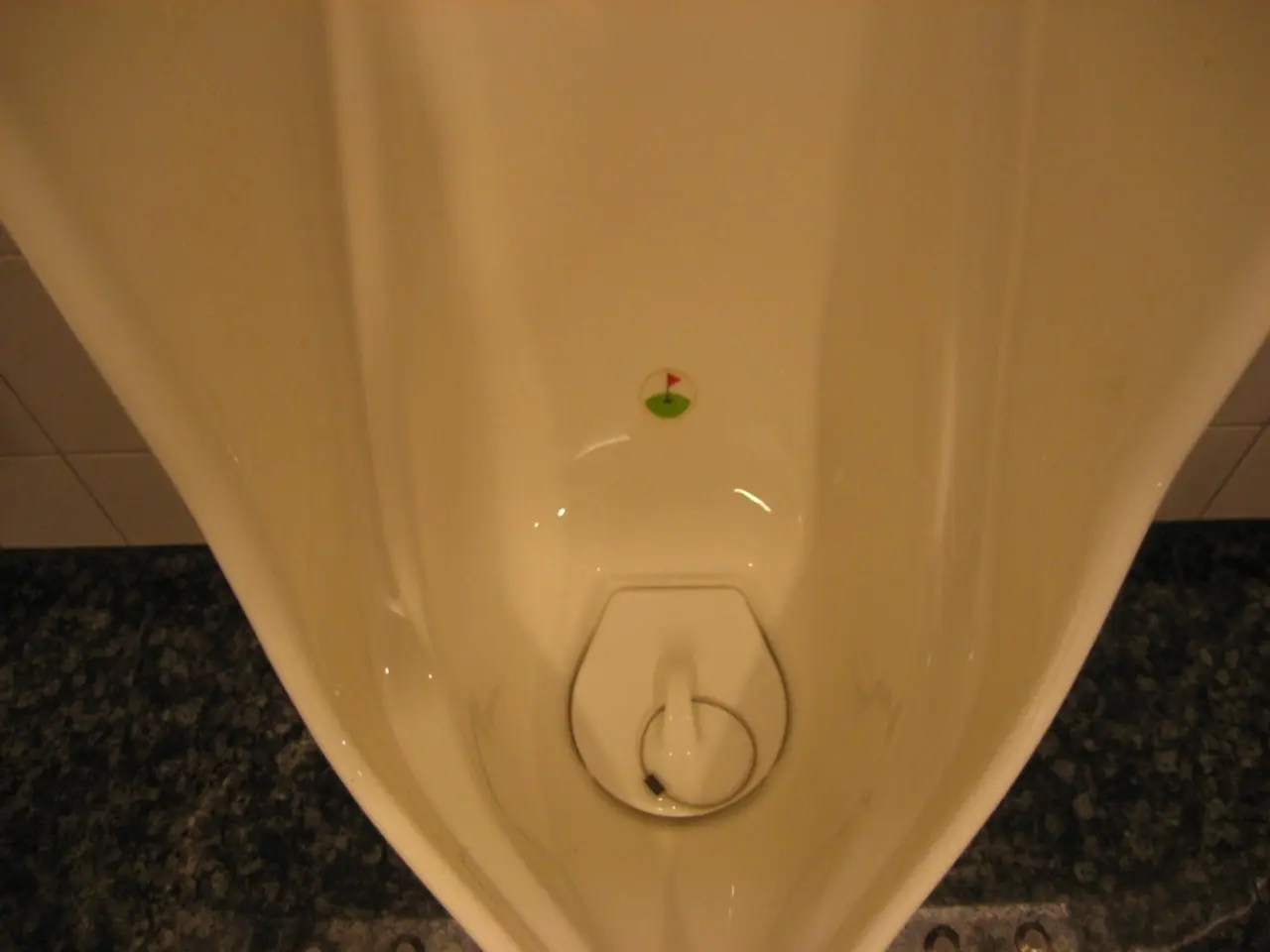Urine Creatinine Test: Purpose, Process, and Outcomes
A 24-hour urine sample test is an essential tool for assessing kidney function, as it provides valuable insights into the body's waste management system. The test measures the levels of creatinine, a waste product produced by the normal wear and tear on muscles, in urine over a 24-hour period.
The creatinine clearance test, which involves both a 24-hour urine collection and a blood test (serum creatinine), is used to evaluate kidney function. Abnormal creatinine levels in the urine can indicate potential issues with kidney health.
**Low Creatinine Levels**
Low creatinine levels may not directly indicate kidney dysfunction but can be influenced by factors such as low muscle mass, severe dehydration, or certain medical conditions.
**High Creatinine Levels**
High creatinine levels can suggest reduced kidney function, indicating that the kidneys are not efficiently removing waste products from the blood.
When abnormal creatinine levels are detected, additional tests may be necessary to diagnose the underlying cause and assess kidney health. These may include:
1. Serum Creatinine Test: This blood test is used to estimate kidney function. 2. Blood Urea Nitrogen (BUN) to Creatinine Ratio: This ratio helps doctors assess kidney function and identify potential issues such as dehydration. 3. Urine Albumin-to-Creatinine Ratio (UACR): This test measures the amount of albumin (a protein) in the urine compared to creatinine, helping to detect early kidney damage. 4. Urine Protein-to-Creatinine Ratio (uPCR): This test evaluates kidney function by measuring the amount of protein leaking into the urine. 5. Estimated Glomerular Filtration Rate (eGFR): This calculation uses serum creatinine (and sometimes age, sex, and race) to estimate kidney filtration efficiency.
These tests collectively provide a comprehensive view of kidney health and can help identify conditions such as kidney disease or damage.
For a 24-hour urine test, individuals need to collect all urine produced over 24 hours. It is crucial to discuss any supplements or medications, the time of day to start collecting urine, any drinks or foods to avoid, where to return the container of urine, and any other questions about the process with a doctor before starting to take samples.
The creatinine urine test usually takes 24 hours and can be scheduled on a day when the person can stay at home. High levels of creatinine in the urine may indicate kidney problems, but can also vary due to race, gender, age, and body size.
For males, normal creatinine levels in a 24-hour urine sample range from 0.8-1.8 g/day or 7.0-16.0 mmol/day. For females, the normal range is slightly lower, at 0.6-1.6 g/day or 5.3-14.0 mmol/day.
If there were any issues during the collection process, such as being unable to collect all urine, collecting urine beyond the 24-hour mark, spilling urine, or not storing the samples in a cold location, the person should inform their healthcare provider.
It is also important for females to inform their doctor if they are or might be pregnant, as the tests and collection process may need to be adjusted accordingly.
By understanding the significance of abnormal creatinine levels in a 24-hour urine sample test, individuals can take an active role in maintaining their kidney health and overall well-being.
- A 24-hour urine sample test is a valuable tool for the assessment of chronic kidney disease, offering insights into the body's waste management system.
- The test, which measures creatinine levels over a 24-hour period, is an essential part of the creatinine clearance test used to evaluate kidney function.
- Low creatinine levels may not directly indicate kidney dysfunction, but could be influenced by factors like low muscle mass, severe dehydration, or certain medical conditions such as bipolar or obesity.
- High creatinine levels might suggest reduced kidney function, indicating an inefficiency in removing waste products from the blood, potentially indicating chronic diseases like cancer or chronic-kidney-disease.
- When abnormal creatinine levels are detected, other predictive tests may be necessary to diagnose the cause and assess kidney health, such as a serum creatinine test or urine albumin-to-creatinine ratio.
- DNA sequencing and science have made it possible to predict a person's risk of developing kidney diseases based on their genetic makeup and family history.
- The health and wellness industry recommends fitness and exercise, along with proper nutrition and medical-conditions management like controlling asthma or diabetes, as ways to improve kidney health.
- Macular degeneration and migraine are unrelated conditions that may affect an individual's health, but prevention methods such as a balanced diet, regular exercise, and eye health supplements can help minimize their impact.
- While taking the 24-hour urine test, it is essential to discuss any medications, supplements, or dietary restrictions with the doctor and follow their instructions carefully.
- In addition to creatinine levels, the test results can also indicate the presence of other health problems, such as protein leaking or dry eyes, which may require further medical attention.
- The test results, combined with a healthy lifestyle centered on fitness-and-exercise, nutrition, and regular check-ups, can help prevent degeneration in multiple health-related areas, including vision, kidney function, and overall well-being.




